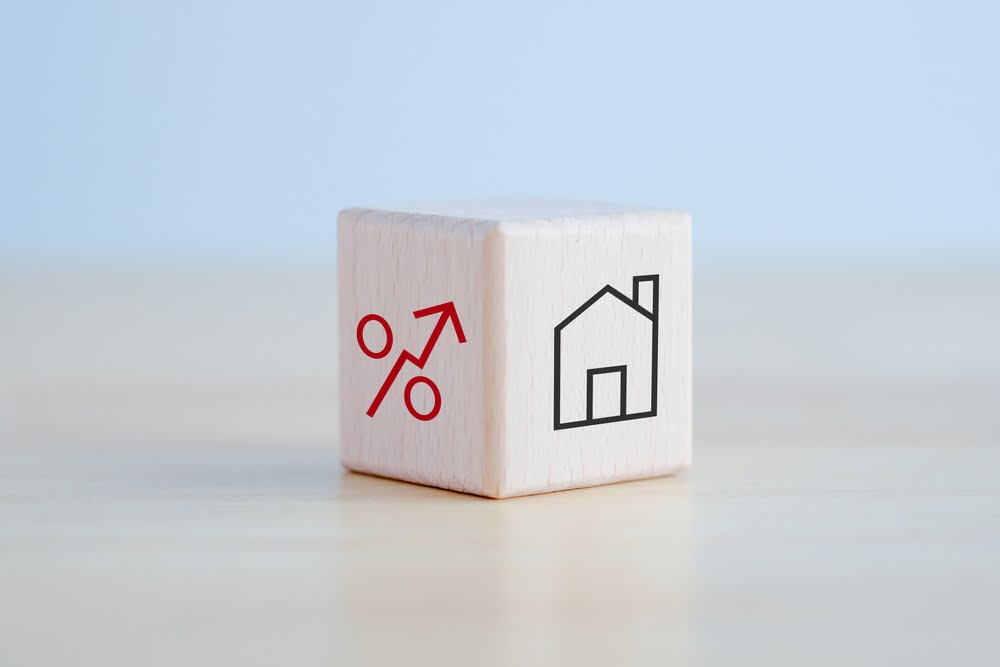In an ongoing bid to combat inflation, the Bank of England has just announced another base rate increase
The Bank of England has increased the base rate from 4.5% to 5%.
This latest increase is due to inflation remaining higher than predicted. Inflation remained at 8.7% in May instead of coming down to the predicted level of 8.4%.
However, core inflation, which includes all commodities and services other than food and fuel, increased to 7.1% from 6.8% in April. This is its highest level since 1992.
Inflation is standing at four times the Bank of England’s target of 2% and isn’t likely to fall to this level in the months ahead.
What does the base rate increase mean for your mortgage?
If you’re on a fixed-rate mortgage deal, your monthly payments will remain the same until the fixed term comes to an end. When your fixed-term ends, you’re very likely to pay more, as interest rates have consistently increased. The average two-year fixed rate deal currently stands at just over 6%, according to Moneyfacts.
• If your fixed-rate deal is due to end in the next six months, it’s essential to speak to us now, and we’ll aim to secure the most competitive rate for you. Yes, it is possible to lock in a rate now ahead of any further rate rises.
• If you’re on a standard variable rate, your monthly payments will go up if your lender chooses to pass on the increase to you.
• If you’re on a tracker rate mortgage, your interest rate moves in line with the base rate, so your payments will definitely increase.
You may be worried about rising costs. It’s a challenging situation for everyone.
There’s never been a more crucial time to seek advice on your mortgage. Contact us today, and we’ll be glad to advise you on your options. We’ll look at your current situation and where you want to be in the next two to five years and suggest the best course of action for you.

